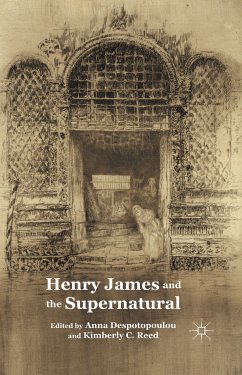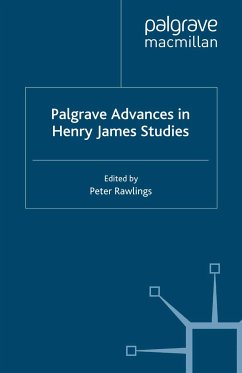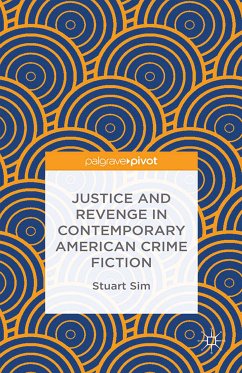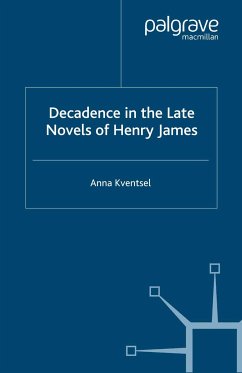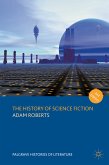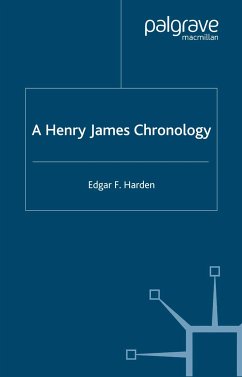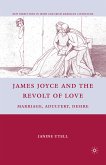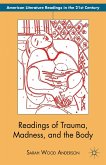Dieser Download kann aus rechtlichen Gründen nur mit Rechnungsadresse in A, B, BG, CY, CZ, D, DK, EW, E, FIN, F, GR, HR, H, IRL, I, LT, L, LR, M, NL, PL, P, R, S, SLO, SK ausgeliefert werden.
"A timely collection, Henry James and the Supernatural extends the discussion of James s engagement with spectrality beyond the familiar ground of The Turn of the Screw, beyond even the rich territory of James s other ghost stories. Invoking the uncanny under a variety of aspects - spatial, sacred, philosophical, Gothic, queer, rhetorical, among others - it stimulatingly shows the suggestiveness of the ghostly, richly bringing out the many ways in which James s profound challenge to usual categories and identities haunts our experience as readers." - Philip Horne, University College London and editor of Henry James: A Life in Letters

